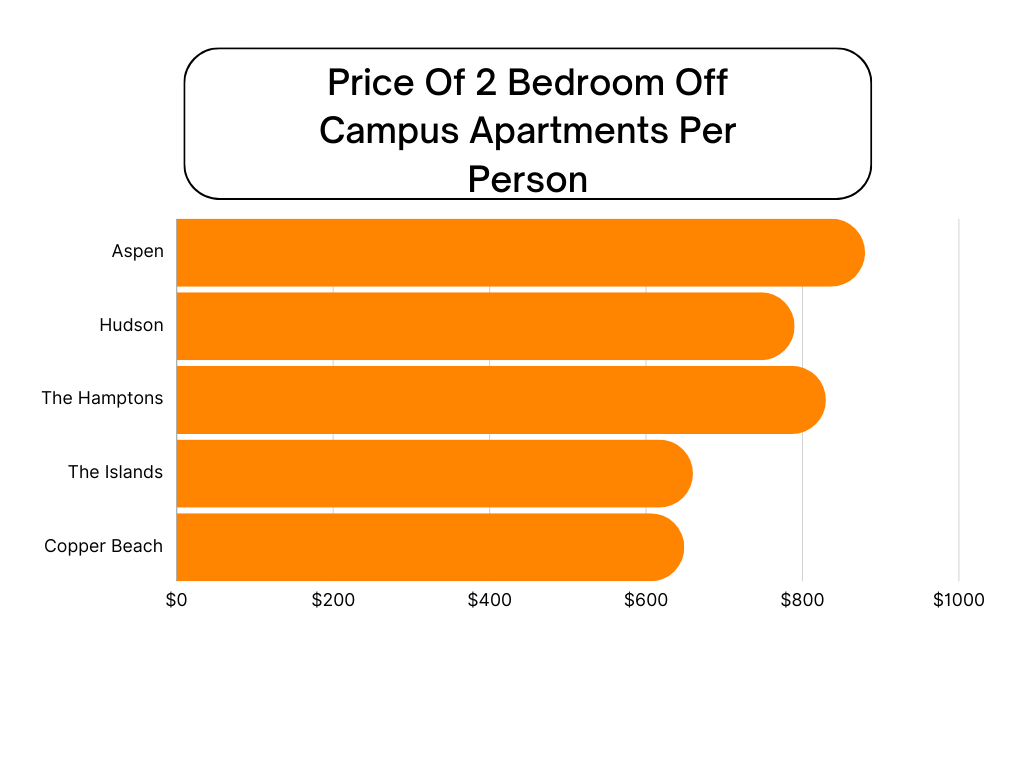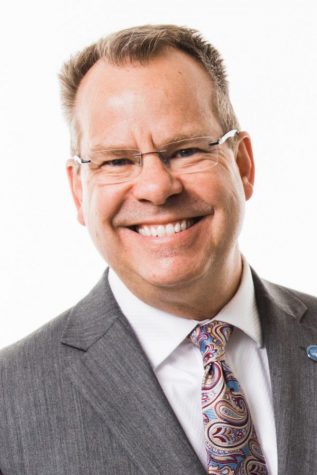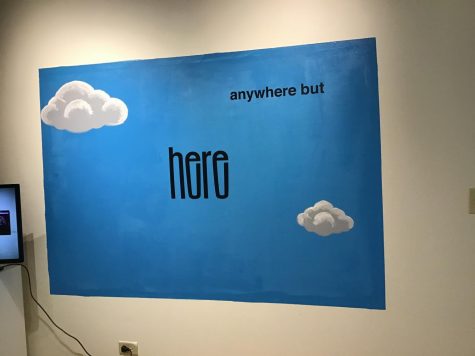The Tough Conversations: Why DPE Refuses to Let Them Die
January 15, 2015
Rewind back to last February, when photos of the RumRunners’ Plantation Room sign was plastered all over social media and the subject of conversation for the days following the sign removal. Racial tensions were stirred and students were taking to social media – and to the Multicultural Student Center – to voice their opinions.
According to Jabal Moss, Graduate Assistant for Diversity Education, the MSC was looking for a way to ease those tensions and make Georgia Southern University a place where minority students felt safe.
Enter the Diversity Peer Educators
“They’re here to promote greater cultural understanding and respect for all students,” Moss said, “We [were] having a lot of incidents on campus – from the Plantation Room sign to different people yelling slurs at them – so I said why don’t we move to a place where the students lead the initiative?”
Last spring, that’s exactly what the Multicultural Student Center did. Moss teamed up with Dorsey Baldwin, Director of the MSC, to draft a proposal to Patrice Jackson, Dean of Students. The proposal outlined exactly what the Diversity Peer Educators would do, and why our campus needed them.
The 35 or so members who are currently in DPE spent the past semester going through training, including conversations that touched on topics most people try to avoid such as race, gender and sexual minorities. “You have to be willing to have those uncomfortable conversations,” Moss said. “This semester, we’re going to take those live, build those conversations with other groups and students.”
Part of that conversation?
The Race Card Project.
Started by Michele Norris, the first African American female to host for NPR, the Race Card Project urges people to take everything they know, think and have experienced about race and pack it all into only six words.
Since DPE brought The Race Card Project to GSU – just weeks before the end of fall semester – over 400 people filled out cards.
“We’ve had a lot of students talk about the stereotypes and perceptions that people think of them, right off that bat,” Moss said, “so we’re trying to combat those issues with the Race Card Project.”
But the issues Moss hopes this project can combat aren’t just about race.
“We’re trying to get to the place where it’s okay for people to have differing opinions, but also know how to listen. One thing it’s important to understand is that [DPE] is not here to change people, but we do want to impact people’s hearts,” Moss said.
So what’s that mean exactly?
Let’s just let the members of DPE answer that for you.
“It’s very important for us, as members of the Georgia Southern community, to learn, understand, and accept more about each other in order to be more productive as a whole…[DPE] promote spaces where people can be challenged and can challenge others.” – Jamillah Morrow, senior child and family development major.
“DPE will first encourage cultural understanding and acceptance amongst all Eagles.” – Jordan Kelly, junior multimedia journalism major.
“Having the opportunity to change the way you think about the touchy subjects of life – like race or sexual orientation – and apply to your own life in a positive light is something our university needs – and our nation.” Alésha Elbert, sophomore psychology major.








